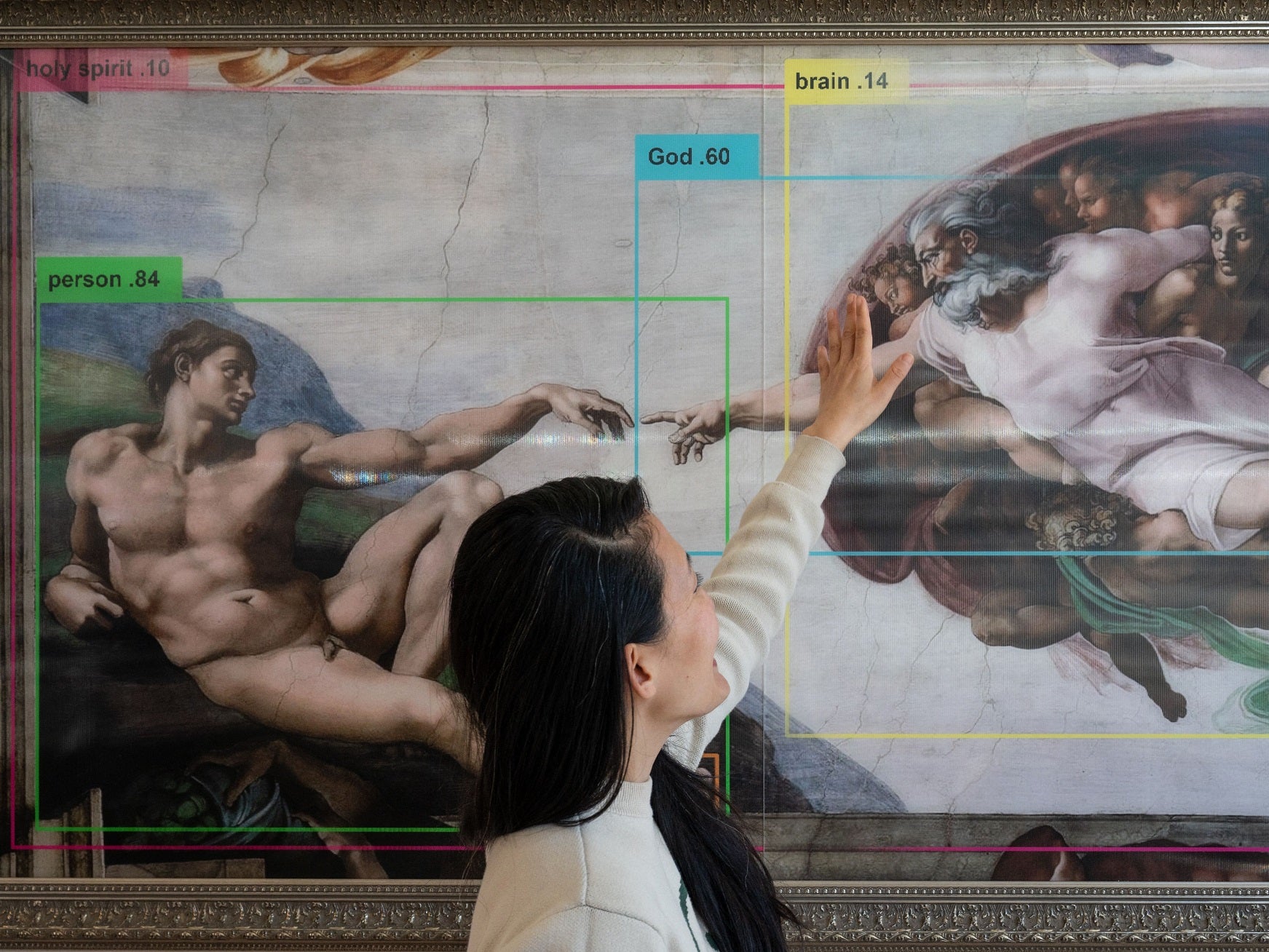Generative AI could hit 300 million jobs, Goldman Sachs says
‘The good news’ is that automation has tended to be ‘offset’ by new jobs, bank says

Your support helps us to tell the story
From reproductive rights to climate change to Big Tech, The Independent is on the ground when the story is developing. Whether it's investigating the financials of Elon Musk's pro-Trump PAC or producing our latest documentary, 'The A Word', which shines a light on the American women fighting for reproductive rights, we know how important it is to parse out the facts from the messaging.
At such a critical moment in US history, we need reporters on the ground. Your donation allows us to keep sending journalists to speak to both sides of the story.
The Independent is trusted by Americans across the entire political spectrum. And unlike many other quality news outlets, we choose not to lock Americans out of our reporting and analysis with paywalls. We believe quality journalism should be available to everyone, paid for by those who can afford it.
Your support makes all the difference.Generative artificial intelligence could hit 300 million jobs, according to a new report from Goldman Sachs.
Roughly two-thirds of current jobs could be changed by some kind of AI automation, the bank says, and it could eventually replace up to a quarter of current work.
But the same report noted that automation has also tended to create new jobs, and that new occupations that have been brought about from innovative technology has accounted for most growth in employment.
Taken together, the reduction in labour cost, the new jobs and higher productivity of those workers that do keep their jobs could lead to a “productivity boom that raises economic growth substantially”, the bank said in a new note.
Eventually, that could increase annual global GDP by 7 per cent, the bank said. But it noted that any growth will depend on how capable the AI actually is, and how well it is adopted.
Those are the predictions of four analysts at Goldman Sachs in a new report, titled ‘The Potentially Large Effects of Artificial Intelligence on Economic Growth’.
It notes that it is hard to predict exactly what will happen with the growth of generative AI. But it could have “potentially large macroeconomic effects” and bring “significant disruption” if it achieves its promised capabilities.
The bank’s estimates are based on a relatively limited view of what AI might actually do. Its prediction that the share of work exposed to automation could be as much as 35 per cent is only based on generative AI – not other, related technologies such as robotics that could increase that number even further.
Generative AI refers to systems such as ChatGPT and Dall-E, which are able to create text and images that are the same as those produced by humans.
In most industries, people’s work is more likely to be “complemented rather than substituted by AI”, they predict. That is because most jobs are only partially exposed to automation, and so AI systems would not be able to do their jobs entirely.
The impact will also vary significantly between different sectors. While 46 per cent of jobs in administration will be affected by AI, they predict, it is only 6 per cent in construction – though that is based on the assumption that the AI would not be able to help outdoors, which might be possible if robotics continue to advance.
Join our commenting forum
Join thought-provoking conversations, follow other Independent readers and see their replies
Comments